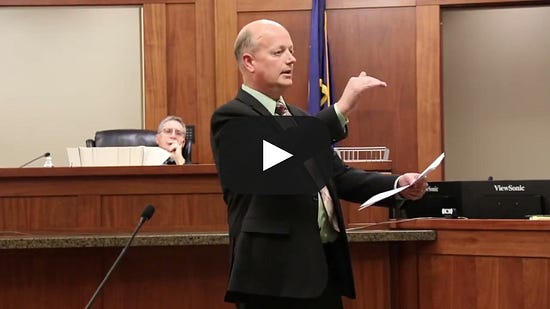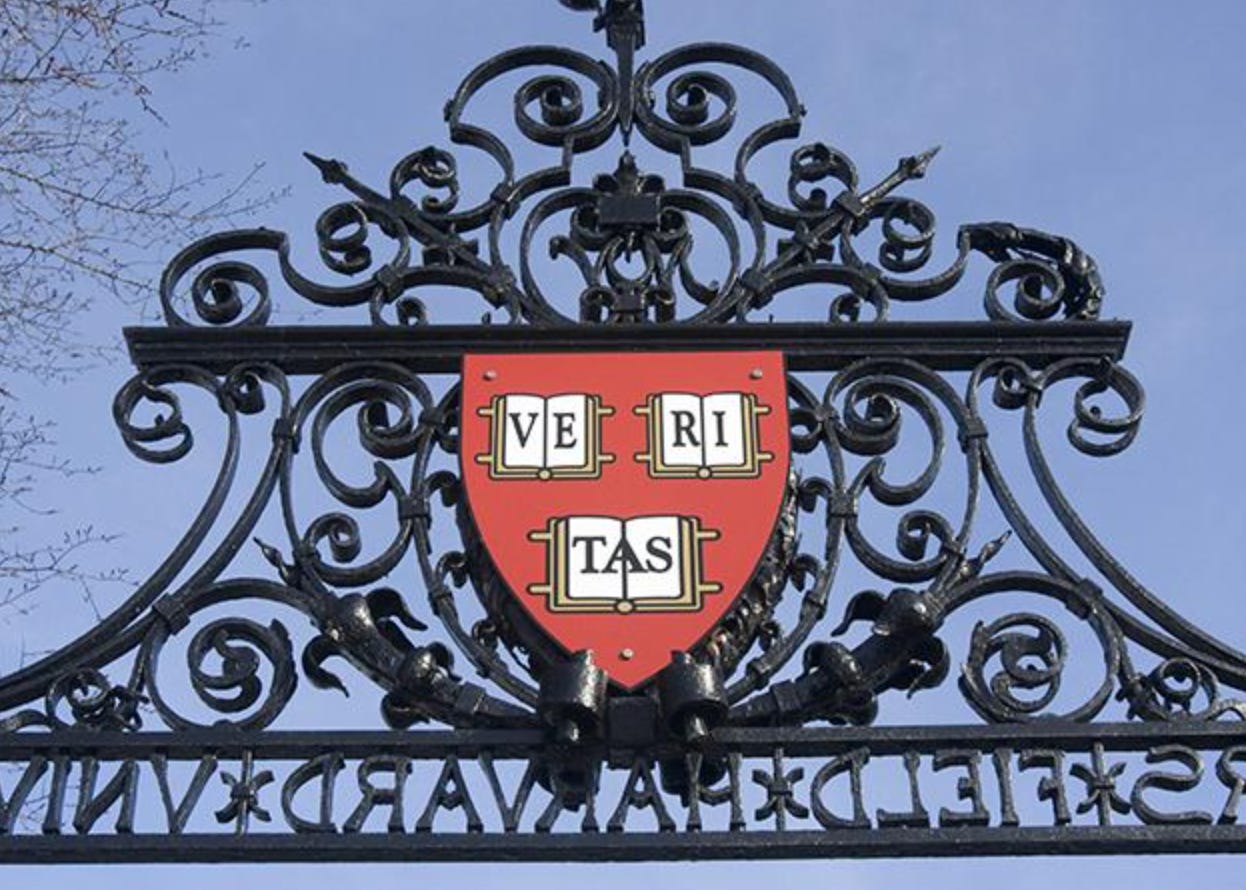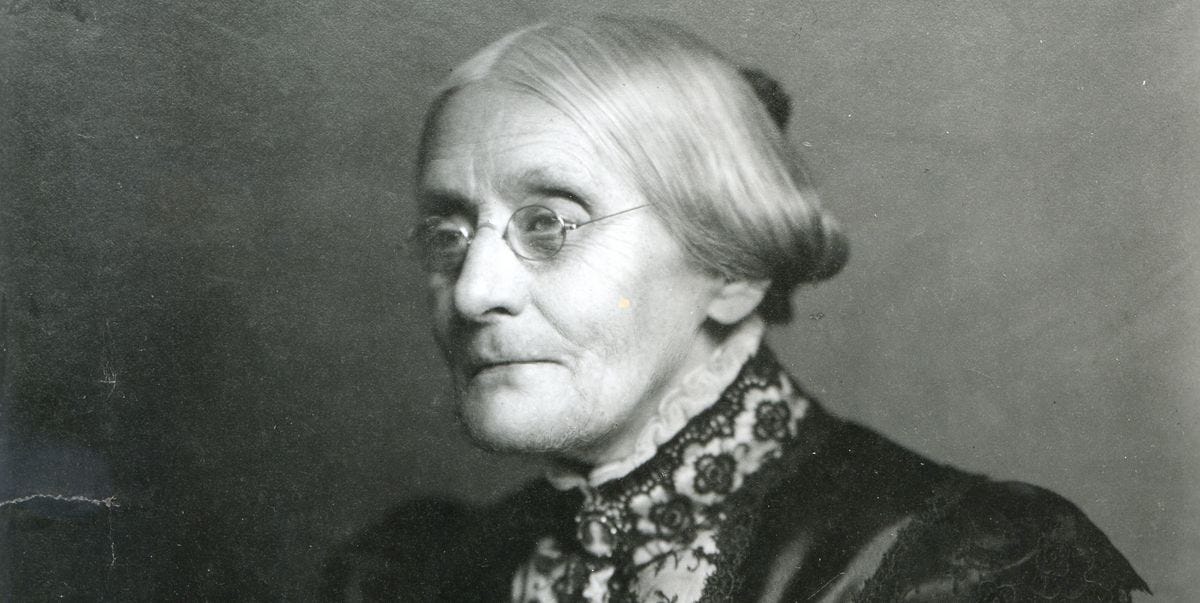|
The Harvard Law Review Just Published Our Defense Of Open Rescue
Change seems hard. But a simple solution – voluntary prosecution – is written in the history books.
I am known as one of the most optimistic voices in animal rights.¹ Yet there are times when even I am shocked by the rapid pace of progress.
Today is one of those days.
The Harvard Law Review, the most important legal publication in the nation, published an article by Justin Marceau (one of the leaders in the fight against ag-gag laws), Steffen Seitz (a promising new scholar and lawyer who just graduated from Yale Law), and me on the right to rescue animals from abuse. If you had told me 5 years ago that I’d be publishing a piece on open rescue in the Harvard Law Review, I’d have laughed.
Yet it’s now happened, and just weeks before I face my next felony trial on March 18. And this piece shows that the legal debate over animal rights has become a serious issue. Harvard Law has, historically, rarely published anything on animals. That has begun to change, partly because of the work of my brilliant co-author Justin Marceau. But today’s piece is not just about animals; it is a rousing call to see the fight for animal rights as one of the crucial movements of our age, akin to gay rights or women’s rights. If Harvard can take the argument for animal rights seriously — to the point that it’s publishing an article in its flagship journal — then every other lawyer and judge should, too.
But it’s not enough for the argument to be taken seriously by the legal elites. We need you to take it seriously, too. Indeed, that is the only way the piece will have the impact that the animals need. As I’ve argued previously, social movements live or die on their ability to harness networks of ordinary people. Celebrities and influential institutions, like Harvard, are only important to the extent that they help us build those networks. And that outcome depends crucially on, not the lawyers at elite institutions, but… you. We need people, like the tens of thousands who read this blog, to see how the arguments made in this piece — taken seriously by the most important legal thinkers in the world — can strengthen your ability to speak out.
And how can they do that? There are a few key points from the Harvard piece that you can take home.
The first is that, as scary as they seem, the prosecutions of animal rights activists are a crucial tool for social change. As we write in the piece:
For at least 150 years, social movements have used “voluntary prosecution” as a lever to drive legal and social change when other avenues for reform have been blocked.
Though under-theorized, the impacts of voluntary prosecution are canonical in American history, from the women’s suffrage movement to the civil rights movement. For example, even if Rosa Parks was violating a law when she refused to give up her seat, her arrest and prosecution mobilized the Montgomery bus boycotts, which have been rightly viewed as politically monumental. Criminal cases like Parks’s can provide a powerful opportunity to “rally the troops” and mobilize marginalized groups. And they can reverse the traditional accountability rationale of the criminal law, which counsels, “Don’t do the crime, if you can’t do the time.” If the public views the charges (or even the criminal statute itself) as unjust or unlawful, then accountability may come, but in the form of a backlash against the legal system. The prosecutor, the judge, and even the law itself will be held to account when the injustice of a prosecution — or its tension with other, more important principles of law — becomes apparent.
We need you to harness the stories of these prosecutions to mobilize people for change! You’ll have an opportunity on our day of action on March 18.
The second point is that progress on animal rights has been blocked, not by ordinary people, but by corrupt systems. This is precisely why activists must thrust ourselves into court cases, decided by juries of ordinary people rather than legal and political elites:
The vast majority of Americans of all political perspectives (83% of Democrats, 77% of Republicans) say cruelty to farm animals is a “personal moral concern.” Yet the vast majority of farm animals are raised in situations that are not just cruel but constitute “torture” according to the New York Times Editorial Board. Voluntary prosecution aims to force a government response to animal cruelty by highlighting the deficiency of state action to protect animals. Moreover, by placing the decision in the hands of a jury, a noncaptured decisionmaker, the strategy also avoids the problem of regulatory capture, whereby well-organized industries or interest groups can frustrate efforts at popular change. Corporations such as Smithfield, which have contributed millions of dollars to political campaigns nationwide, have significantly less ability to influence a randomly drawn panel of citizens from the community.
The third point is that there is a long history of these so-called “voluntary prosecutions” in driving change forward. Indeed, there is an argument that they have been crucial to every major expansion of legal rights in American history. Susan B. Anthony’s trial is particularly illuminating, and when I was researching her case, it felt eerily similar to the trials of open rescue. This includes her insistence that her attempts to vote were legal, despite the consensus (at the time) that she was obviously breaking the law:
Anthony, despite engaging in an act that was legally disruptive, grounded her defiance in constitutional and legal principles. While the Constitution and common law had not been tested on the question of sex discrimination, the text was, in theory, quite clear: no person should be denied “equal protection of the laws.” Anthony could thus plausibly argue that her act of voting was an affirmation, rather than violation, of the law. Anthony also had technical legal arguments to buttress her case even if the judge and jury refused her constitutional argument; most notably, she argued that her good faith belief in the legality of her vote undermined the charges against her because violation of the voting act required a “knowing” illegal vote.
This will all sound very familiar if you’ve been closely following the right to rescue trials. Contrary to the prosecution’s claims, the law is quite clear: we are entitled, under the necessity defense, to “act in an emergency to prevent a significant bodily harm or evil to someone else.” That is exactly what we do when we rescue aniamls from abuse. Prosecutors and judges, of course, have argued that “someone” does not include animals, but they are are simply wrong. Indeed, they have been widely mocked, including by Vox’s Marina Bolotnikova, when they have compared injured animals to dented cans.

More ambitiously, our right to rescue animals has constitutional origins, including the 5th Amendment’s guarantee that “No person shall be… be deprived of life [or] liberty… without due process of law.” The right to rescue isn’t radical or disruptive. Once we recognize that animals are “persons,” it’s a direct implication of existing law. A constitutional right.
The fourth and last point is the most important, however: to truly “change” the law, we need people who are willing to “break” it:
If animal rights efforts are to gain momentum in law, they may need help from activists who are willing to test the boundaries of the law, and even risk being deemed outside the law. Such projects are important not only to test the bounds of existing positive law, but also to elevate the status of the animal rights law agenda more generally…
Voluntary prosecution can highlight the defects of existing legal norms and generate a public affirmation of behavior that pushes the boundaries of respectability. The public attention that a criminal trial can command serves as a megaphone for messages that might otherwise seem marginal; it provides a novel set of outreach opportunities; and, in the context of animal rights, it recasts legal arguments about animals as beings who matter in defensive, anticarceral postures that may resonate with the public more strongly than conventional tools of legal reform. By inviting charges for breaking the law, voluntary prosecution is a crucial tool for making it.
Our legal and moral arguments are, in fact, logically correct. Any 2nd grade student knows there is a difference between a dented can and a sentient being. And if an embryo or a corporation is a “person,” then surely a dog can be as well.
But the truth is that most systems do not work on logic. They work on emotion, momentum, and power. I’m facing very serious consequences in the upcoming cases, and the reason I am not just moving forward, but positively excited, is because these cases have the ability to harness those more fundamental forces to create change.
I hope you’ll read the piece, learn its lessons, and join us on March 18. The future of animal rights is bright, as the Harvard piece today shows, but it will depend on you to carry that light forward.
Among other predictions, I’ve argued that animal liberation is very likely to happen in the next 30 years.
Thank you for reading The Simple Heart! To help us reach more people, become a donor today.

